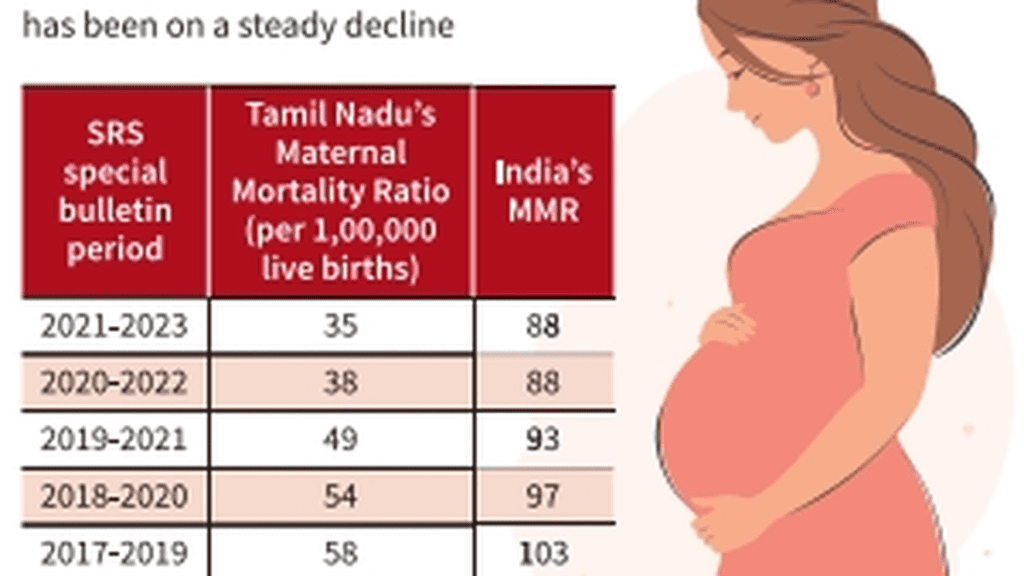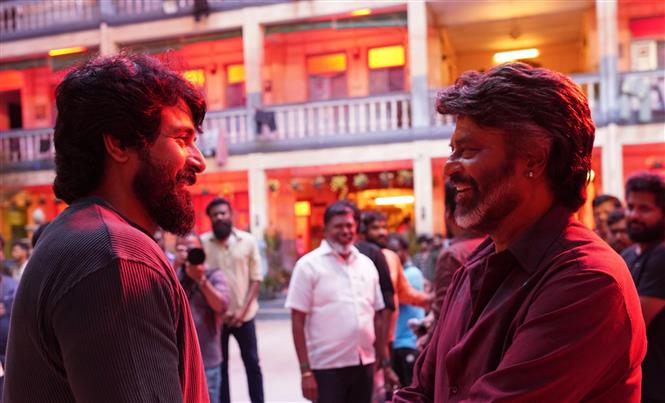Shortage of hepatitis B vaccine continues to plague Kerala’s private hospitals

Shortage of hepatitis B vaccine continues to plague Kerala’s private hospitals
There is no end in sight to the shortage of hepatitis B vaccine in Kerala’s private hospitals even as many of them are unable to vaccinate the newly recruited staff.
A viral infection that affects the liver, hepatitis B is transmitted from the mother to the child during birth and delivery and in early childhood. It occurs also through contact with blood or other body fluids during sex with an infected partner, unsafe injections, or via exposure to sharp instruments. The infection can be prevented through vaccination.
According to a senior doctor at a leading private hospital in central Kerala, patients who are undergoing dialysis regularly are at “extremely high risk” of getting infected. The risk can be mitigated only through vaccination.
If unvaccinated people get exposed to the infection, hepatitis B immunoglobulin will have to be administered to them in a single dose within 48 hours. The cost is in the range of ₹5,800 and ₹13,000 depending on the brand, he says.
Newborns, especially the children of mothers with hepatitis B infection, who need to get the injection within 12 hours of their birth, are also severely affected by the shortage. Newly recruited healthcare staff get it as a safeguard against the infection.
Sources say that hospitals in many other States too have been facing a similar situation for some time. Though it was expected that the supply will be restored by September, many doctors in Kerala say that the vaccine is still not available as a stand-alone dose in the market. Some of the private hospitals are procuring it from government hospitals, where the scarcity is not that severe.
Companies such as Serum Institute of India are among the main manufacturers of this vaccine. It is generally produced along with combination vaccines such as pentavalent vaccine to ensure protection from five life-threatening diseases.
The manufacturers reportedly cut down the production as the profit margin for stand-alone hepatitis B vaccine is lower. There are also reports about a dearth of raw materials.
Meanwhile, another senior doctor points out that twinrix, a bivalent vaccine for hepatitis A and hepatitis B infections, manufactured by a private company, is available in the market. “If Indian manufacturers can come up with a cost-effective bivalent vaccine, the people will be protected from two hepatitis viruses for life,” he says.
Public health experts claim that in view of the frequent outbreaks of hepatitis A infection in the State, this vaccine will surely benefit the people.










